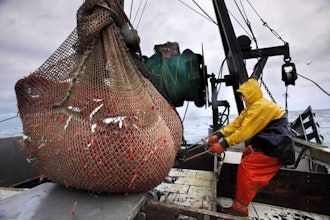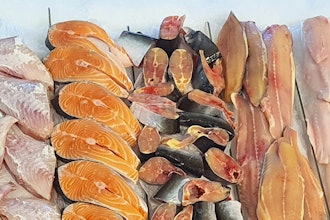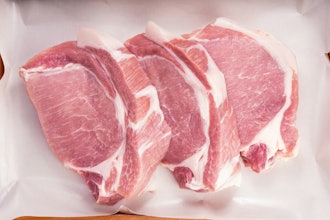
The supply chain and safety issues impacting the meat industry have been well documented in recent weeks. Major beef, pork and poultry processing plants were temporarily shut down between late March and throughout April, leading to lasting effects of meat shortages in grocery stores in early May. And even with President Trump’s executive order signed April 28 compelling meat plants to remain open, factory shutdowns have since still happened amid outbreaks of COVID-19 among employees.
Much less discussed amid the pandemic has been its impact on the plant-based meat industry, which has seen soaring demand since safety measures to combat COVID-19 ramped up in the US in the second half of March. A Nielsen study found that fresh meat alternatives spiked 280 percent year-over-year for the week ending March 14; 454 percent for the week ending March 21 and 255 percent for the week ending March 28. That compares to a 53 percent growth of meat for the week of March 28.
Despite a drop in sales toward the end of March due to restaurant closures, top plant-based meat brands are still expanding. Beyond Meat reported Thursday that its first quarter revenue increased 141 percent year-over-year and the company turned a $1.8 profit compared to a $6.6 million net loss a year earlier. Impossible Foods announced Tuesday that due to demand from home chefs, its popular Impossible Burger product is now available at 1,700 Kroger-owned grocery stores, expanding on the 1,000 grocers the product initially rolled out to in mid-April.
 O'Malley
O'Malley
Food Manufacturing: What positive effects, if any, has Before the Butcher seen amid the supply chain issues in the meat industry? Has there been an uptick in business?
Danny O’Malley: We are seeing encouraging growth on the retail side of the business as opposed to foodservice where the opportunities slowed down dramatically over the past 6 weeks.
FM: From a safety and supply chain standpoint, COVID-19's impact on meat producers is pretty easy to grasp. What production or supply chain impacts has it had on plant-based meat producers?
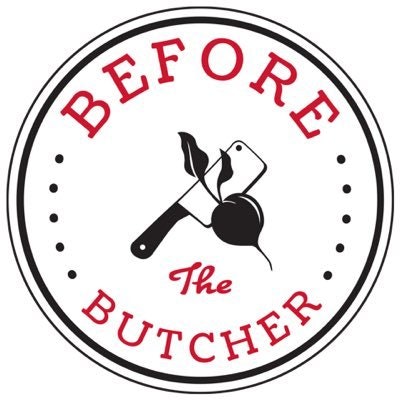
FM: In the food industry, the rise of plant-based foods was already prominent before COVID-19. Given plant-based meat's lack of exposure to supply chains that can be volatile like beef/poultry/pork, how much of a benefit, if any, do you think the plant-based meat industry is getting from the pandemic?
DO: I believe we will continue to grow exponentially as we were prior to the current crisis. There will be some adjustments that will need to be made to accommodate changing policies and procedures, but the future looks bright for plant-based proteins.
FM: Even as plant-based meats began to gain traction in the first half of the 2010s, much of the public still saw them as a fringe food product meant for vegetarians. But in the past few years, many plant-based meats producers have arisen and gained success, and more and more restaurants are adopting plant-based meat into their menus. What can you say about how the public's view of plant-based meat has changed over the past decade?
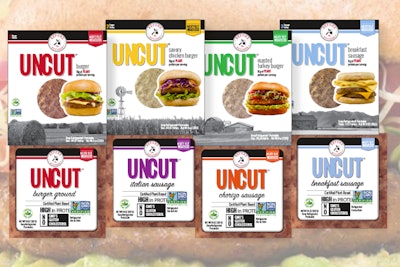 Before the Butcher's line of UNCUT brand plant-based meat products.
Before the Butcher's line of UNCUT brand plant-based meat products.
FM: More and more grocery stores are expanding their plant-based meats section. Do you see that expansion continuing for a while, or might there be a plateau effect in the near future?
DO: I see the expansion and selection of plant-based meats continuing into the near future as grocery stores open up more space for plant-based to meet the increasing demand from the consumer.










